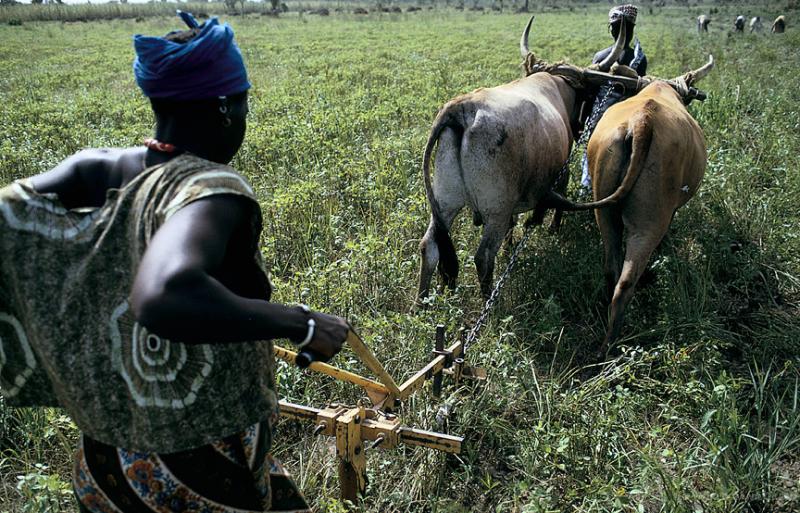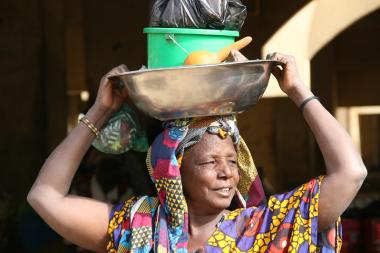News
Improving programming and policy to address climate change and conflict
Funding for climate adaptation in fragile settings continues to be overlooked, but new research shows how investing in local governance is key to supporting regions affected by climate and conflict.
Publisher SPARC
Climate impacts are often most pronounced in fragile and conflict-affected settings. These regions often have weak governance, and so are least able to respond to these problems. Weak governance and institutions can also magnify the negative impacts of climate change.
Investing in governance, particularly at the local level, is key to supporting communities and economies affected by climate and conflict. Strong local institutions can help people living in these regions to adapt and build resilience to climate impacts, including food and water insecurity and displacement, which have the potential to spill over into violence and conflict.
A new study by SPARC member organisation Mercy Corps, which focuses on Nigeria, Mali, Kenya, Uganda and Zimbabwe, supports this. It found that investment in local institutions has the potential to support adaptation and address some of the challenges that can lead to conflict. These findings come against a context in which funding for climate adaptation in fragile and conflict-affected settings is a fraction of investment in other regions.
The report highlights a series of recommendations for donors and decision makers:
Donors should conduct or commission climate-conflict risk analyses to identify both the root causes of conflict and how they interact with climate related factors;
Donors should explore investing in strengthening local governance as part of climate adaptation programmes in fragile states.
Beza Tesfaye, Director of Research and Learning - Climate Change and Migration at Mercy Corps, said: “We are learning that the climate-conflict relationship is complex and doesn’t always play out in predictable ways. That’s why it is so critical for donors and implementing organisations to invest time and resources in carrying out robust risk analyses to better understand in what ways climate factors may increase the likelihood of conflict in specific contexts and develop tailored responses.”
She added: “Effective governance is critical to meet the challenges posed by climate change, including the risk of conflict. Unfortunately, many fragile and conflict-affected states are characterised by weak and poor governance. Donors must see supporting improvements in governance, including strengthening the capacity of governments to respond effectively and equitably to the social, political and economic impacts of climate change at the community level, as part of climate adaptation efforts.”
Don’t miss the SPARC synthesis report on Exploring the conflict blind spots in climate adaptation finance.

A woman ploughs her fields, Mali
Credit Image by Ray Witlin / World Bank - CC BY-NC-ND 2.0
